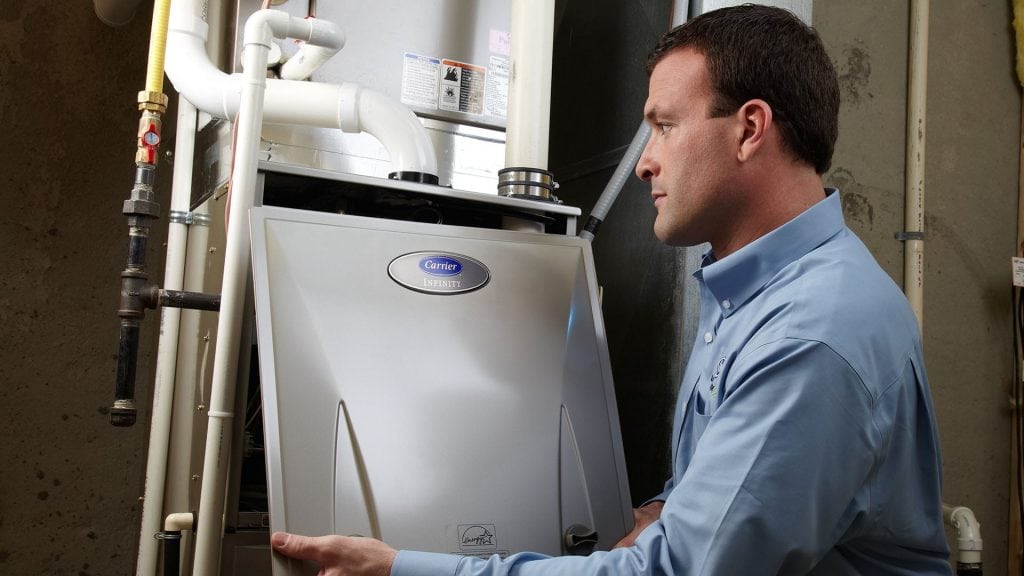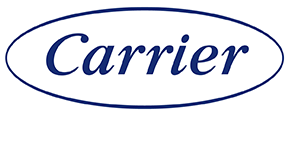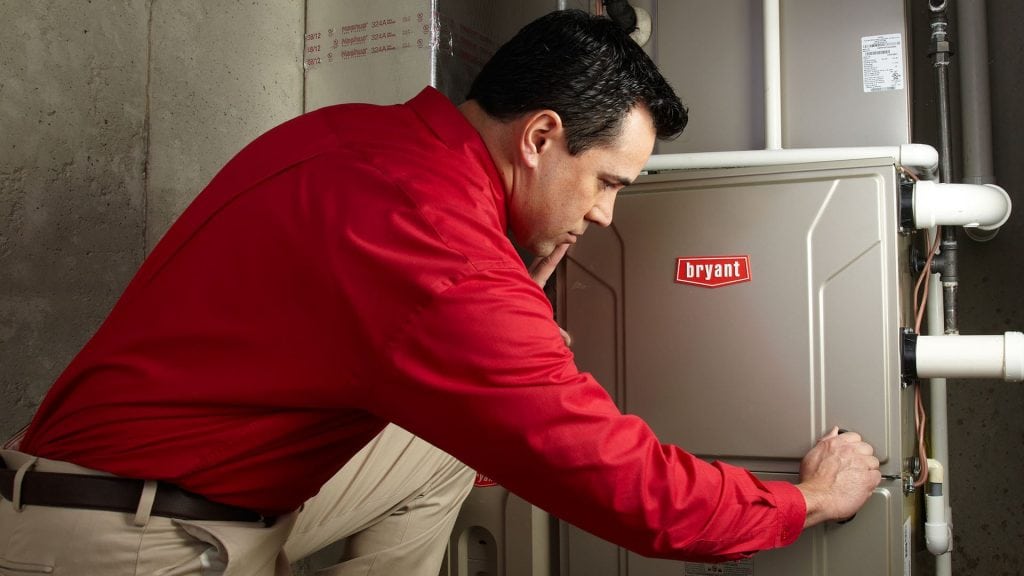HVAC Repair and Maintenance Can Help Prevent Asthma Attacks

HVAC Repair and Maintenance Can Help Prevent Asthma Attacks
Improve Air Quality so Allergy and Asthma Sufferers Can Breathe Easier
Sure, staying on top of HVAC repair does wonders for keeping the system well-maintained, your home’s temperature comfortable and your energy bills down. However, if you have allergies and asthma, or live with someone who does, proper HVAC maintenance can be vital to your health.Why is HVAC Repair and Maintenance Important to Health?
Your HVAC also regulates your home’s indoor air quality. By skipping HVAC repair and maintenance, you could unintentionally turn your home into a breeding ground for common allergy and asthma triggers. Dust particles, pests, chemical odors, volatile organic compounds (VOCs), smoke, pet dander, bacteria, mold — all these common household allergens become airborne and inhaled. According to the American Lung Association, clean and healthy indoor air quality is critical to allergy and asthma sufferers.How Can HVAC Repair and Maintenance Prevent Asthma Attacks?
To regulate your home’s temperature, your air conditioner pulls in room air and forces it through a filter, which removes dust particles and other asthma triggers. In this conditioning process, your A/C also extracts moisture, making it harder for mold and algae to grow. To prevent allergens from getting in your house, it’s important to have a NATE-certified technician perform any necessary HVAC repair and routinely service your equipment to prevent any future breakdowns. After all, your HVAC system can’t contribute to cleaner air if it’s not working! Any one of AC Southeast®’s NATE-certified contractors can provide an HVAC repair to improve your home’s air quality.Change Your Filter
Clogged and dirty filters not only let more dirt into your home, they also let dirt reach other parts of your machine. This can decrease its operating efficiency and potentially lead to costly HVAC repair needs. This may cause symptoms for asthma sufferers to worsen. You may also feel the effect in your wallet. Obstructed airflow makes your equipment work harder and uses more energy. So it’s important to check and replace your air conditioner filter at least monthly.Schedule an Annual Inspection to Avoid Major HVAC Repair Needs
If your machine isn’t working properly, it’s not keeping the temperature in your home comfortable. It’s also letting in more allergens. All of AC Southeast®’s contractors can perform indoor air quality tests, alert you to any problems with your machine and make HVAC repair recommendations.Control Humidity
Because mold, mildew and dust mites thrive in high-humidity environments, excess moisture in your home aggravates asthma symptoms. A properly running HVAC system can reduce humidity levels, while its air filters attract dust mites’ airborne fecal matter particles so they don’t recirculate in your home. Let that sink in for a moment. Sometimes homes have high humidity despite its existing HVAC system. In such cases, a whole-home dehumidifier may be the best solution to deliver fresh, filtered air throughout your entire home.Improve Indoor Air Quality
If your home has especially low air quality or you want the extra peace of mind your home is free of allergy and asthma triggers, any of the contractors listed on AC Southeast® would be happy to discuss these solutions as well as other HVAC repair options to improve your indoor air quality:- HEPA (high-efficiency particulate air) filters, which force air through an extra-fine mesh. They’re not usually recommended for centralized HVAC unless your system has been updated to use these filters as they can put more stress on standard systems.
- Whole-home air purifiers, which work by attracting harmful particles like bacteria, pollen and mold spores and neutralizing them with electric charges.
- UV lamps, which kill bacteria, mold and other triggers by sterilizing your HVAC system’s coil and your home’s air. They are an investment, and could be a good option if you want to take extra measures to eliminate asthma triggers in your home’s air.



